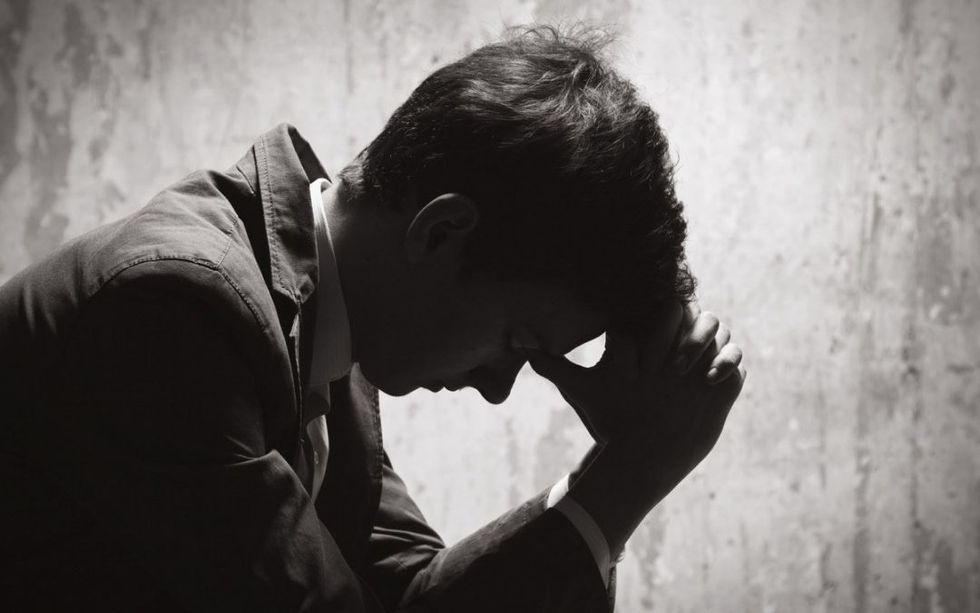On September 18, 2018, I drove home to my father's house to discover what everyone fears they someday might. I immediately fell to the floor and called emergency services. To the dismay of many, my father had completed his journey with us after suffering a heart attack the previous day.
What transpired within me next, though, would shape my life more than the actual passing of my father.
I jumped into action and started on phone calls and paperwork rigorously. As the most recent caretaker to my father, I wouldn't rest until all loose ends were tied. It felt natural, particularly after the bond we had made in the past year of my care-taking.
But it was more than natural in these moments. It was necessary. Failure to settle family business simply wasn't an option. I had quickly modified my heart and mind into machines that would get work done, and as efficiently as possible. It quickly became obvious that my method of grieving was to keep my brain and body busy. I wouldn't have to absorb the reality of what happened if I didn't give it time to settle.
But while I held my head high and dedicated my energy to the business of my father's passing, I had begun to neglect the responsibilities that were present before this tragedy.
Homework was going on three weeks late, and I had missed a handful of tests at school. I had been working through nights and was now a host to permanent dark circles under my eyes. I quit writing and fluctuated between periods of not eating and periods of stress eating. But it wouldn't be for another two months until it all caught up to me. I burnt out like a match in a monsoon and went from only being able to complete specific tasks extremely well, to being unable to complete anything at all.
All of this, because I never gave myself the time to grieve and work through my natural emotions. I never let myself truly say goodbye to my father, and I never let my head slow down from the usual pace and role of caretaker that I had worked at for so long. In the end, the damage was worse than it ever had to be. I now had not only lost my father, but I was also at an unhealthy weight, sleep deprived, and had nearly failed the fall semester.
People grieve in different ways. Some shut down and isolate, other people become more elevated and anxious. Some people simply carry and don't acknowledge the tragedy. Other people, like myself, make themselves too busy to feel and process emotion. We can't stop or change how these people grieve. But what we can do for others, and ourselves help to remain accountable when we go down negative and spiraling ways of life. It's okay to feel and it's important to be cognizant that everything you feel won't always be good. It's something that we already know in our minds, but often lose track of - including myself.
What helped me get through more than anything, even in the face of complete turmoil and disaster, was knowing and being assured that I wasn't alone. My support system, comprised of friends, family, and other loved ones, all stepped in to help let me rest and grieve and catch up to everything I avoided but needed to feel and hear. From books to pep talks, to company and presence, I was given materials and outlets that aided me, and are still aiding me today, in becoming my normal self.
Remember that in time of grief, you are never by yourself. In times of anxiety, depression, and catastrophe, you are not alone.
















